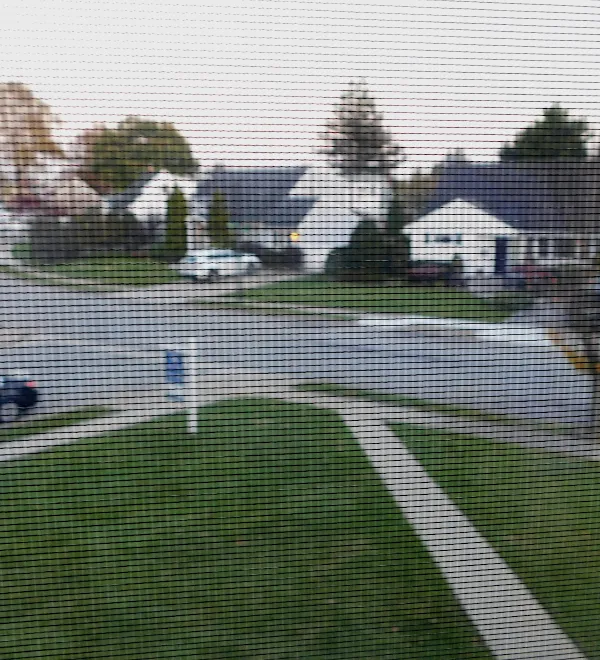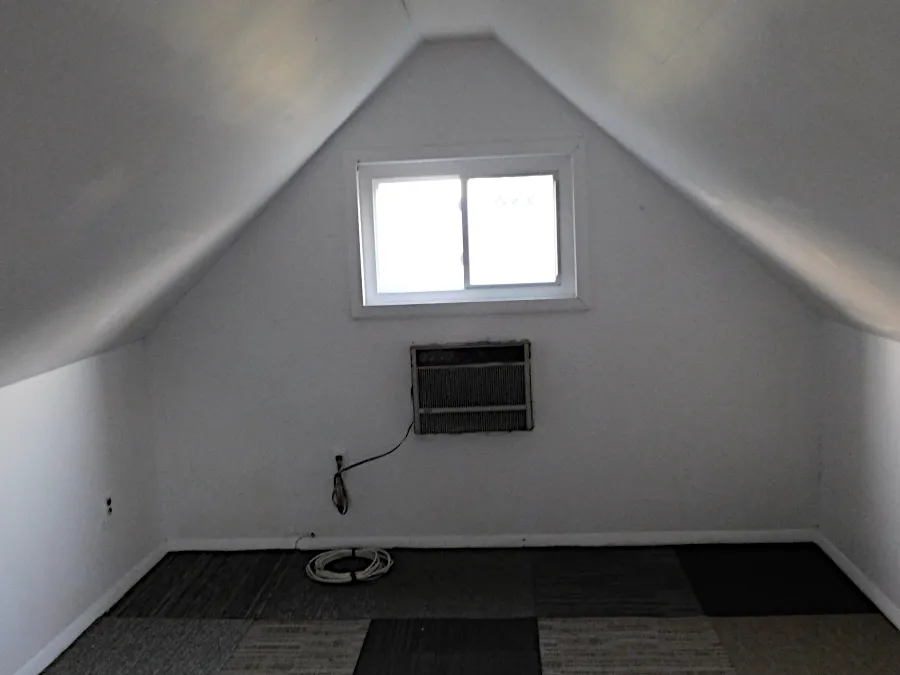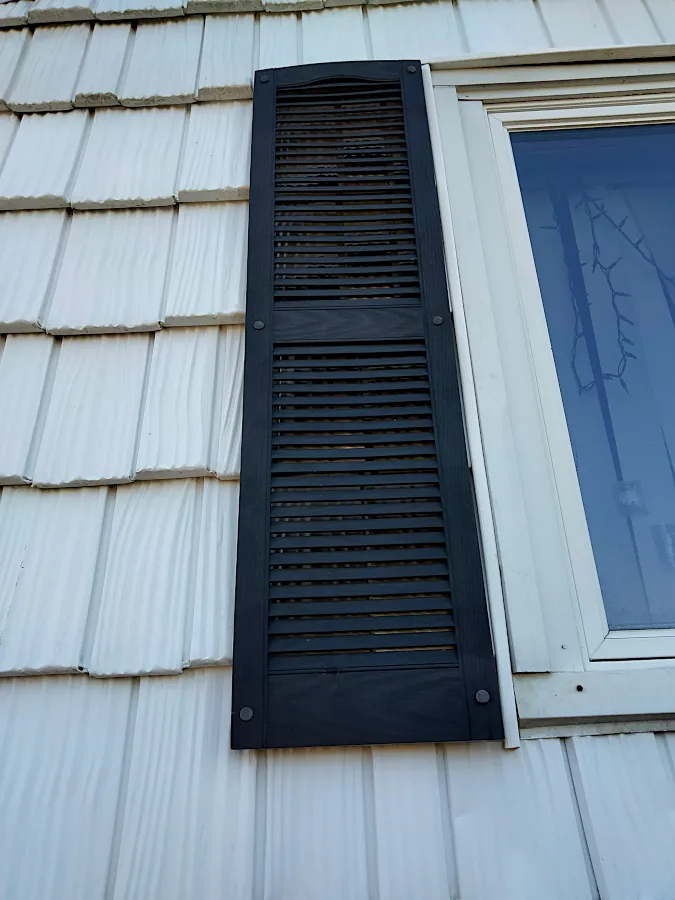Selling a house at a profit can be an expensive proposition.
My husband and I are pensioners, who live in the U.S.A. Our income is basically frozen in stone, except for programmed inflation adjustments (which never actually keep pace with inflation). If we spend money, we aren't going to earn more to replace it. This tends to make us, and most pensioners, rather conservative financial planners.
However, life goes on and change is part of life. After 49 years in the same house, we acknowledged inevitable change. We decided to sell and shop for another home, one more suitable to our lifestyle.
There was never a question of taking out a mortgage. What 75+-year-old pensioner takes out a 30-year mortgage? Therefore, we needed to use the proceeds from our house sale to finance the purchase of our new home.
We didn't plan to move far. Although we were buying into an inflated market, we were selling into the same market, so we figured that would be a wash.
It took two years of looking to get the old house ready for sale and to find a new house that fit our needs and our projected budget.
You can see (below) the For Sale on the front lawn of my former house. I took this picture from an upstairs window, through a screen, after the house had sold.

In November of 2023 we sold the house. Over the years, it had appreciated in value by a factor of 19.977. That was certainly the best investment we ever made. Not only had the house grown in value, but it had sheltered us, our children, assorted extended family and even friends over the years. The (modest) door to my home was always open to all, friends and family, who needed a roof over their heads.
Below is a picture of a spare room in the former house, after I had stripped the room down, scrubbed it, painted it and covered the floor with rug in preparation for sale.

After the sale of the house went through, we took our profit, and within a week (literally 6 days later) applied 92% of the proceeds to the purchase of a new home. Add to that 92% attorney fees, broker fees, transfer taxes, inspection fees, etc., and virtually all the money from the house sale was reinvested immediately. We never actually held the money in our hands, but let the attorney handle the sale and purchase. She held onto the money and paid all bills as they came in (including her own fee).
Although we never actually held money from the sale in our hands, the U.S. government considered the increased value of our former home (by a factor, remember of 19.97) to be a capital gain. We therefore owed a walloping capital gains tax.
To be sure, the government allows a hefty deduction for personal residences held for at least two years. Deductions for capital improvements to the old home are also allowed.
One of the improvements we made in getting the house ready for sale: replacing a damaged shutter (picture of shutter below). In a future blog I'll explain how we pumped up the sale price with minimal investment, and with broker shopping.

After all the allowed deductions, we still owed a capital gains tax (15%) on approximately 24% of our gain. That 24% had been reinvested in our new home. We were left with a very large bill that had to be taken from savings.
As I stated in the first line of this blog, selling a house at profit can be an expensive proposition.
We just discovered last week that the cost of making a profit doesn't end with the capital gains tax. My husband was informed his Medicare premium for 2025 would be more than 200% of his 2024 premium. I was informed that I was assessed a similar surcharge by Medicare.
What happened?????
The government looked at our income tax return for 2023 and determined that our income had rocketed to 300% of its 2022 level. Included, of course was the sale of the house-- capital gains--as part of income. So, we were assessed a Medicare premium surcharge for 2025 based on the 300% increase.
There is a truism: When buying a house, be prepared for the unexpected. I don't think the capital gains tax and Medicare premium surcharge fall under that heading. Had we been better informed, we could have expected these costs.
Some Things You Can't Plan for
We are very happy with our new home. Fortunately, we listened to our prudent selves and didn't buy the most house we could afford. We settled for something more economical, something nice that we really liked.
One of the things we liked was this:

We live very near the water, but not in a flood zone. That was hard to find, but worth the search. A lot of people own boats in our neighborhood (my daughter owns two kayaks), but there are no mansions.
So even though the government is walloping us rather hard, we're still glad we moved here, and all the more happy because of recent events.
My husband discovered about two months after our move that he was dealing with a serious illness. Had we waited to move, we probably couldn't have done it, or wouldn't have done it, because of the illness. But he is very happy to be here now, in this house.
He's become chummy with the cat and lets that animal intrude anytime it pleases. Here is the cat sitting on my husband's computer desk, right in front of him. The cat tries to poach snacks from the snack tray, and forages in the trash can for leftovers. My husband loves it all.

Maybe the tax was high, but that's only for one year. Maybe Medicare premiums are high (again, only for one year), but we certainly are using a lot of medical care and so far are not paying for any of it--directly. Obviously we are paying for it through insurance.
So, selling a house at a profit can be an expensive proposition, but it also can be a wonderful thing if you make the right choice. So far, it seems we did.
Future Blog: Getting the best bid on the house, the way we did it.
Our former home was very unpretentious, and yet we got our asking price within weeks of posting the house for sale. Of course, we were really lucky, but we also worked at it. We are not financially savvy, but we were determined. We needed that money to buy a new house. What did we do to get ready?
Stay tuned.